Darfur: ICC convicts Janjaweed leader of war crimes and crimes against humanity – UN News

Report on the International Criminal Court Conviction of Ali Kushayb and its Implications for Sustainable Development Goals
Introduction: A Landmark Judgment for International Justice
A landmark judgment was delivered by the International Criminal Court (ICC) in The Hague, finding Ali Kushayb guilty on 27 counts of war crimes and crimes against humanity. This verdict represents a significant step towards fulfilling the objectives of Sustainable Development Goal 16 (Peace, Justice and Strong Institutions) by holding individuals accountable for atrocities and combating impunity. The conviction addresses crimes committed against the Fur, Masalit, and other non-Arab communities in West Darfur between August 2003 and March 2004.
Details of the Conviction and Violations of SDGs
Systematic Attacks on Civilian Populations
The court found beyond reasonable doubt that Ali Kushayb ordered, supported, and participated in widespread and systematic attacks that resulted in mass killings and forced displacement. These actions represent a severe breach of international law and undermine several core SDGs.
- SDG 16 (Peace, Justice and Strong Institutions): The crimes of murder, persecution, and torture are a direct assault on peace and security. The systematic targeting of civilians fundamentally violates the rule of law.
- SDG 11 (Sustainable Cities and Communities): The attacks on the towns of Kodoom, Bindisi, Mukjar, and Deleig, which included razing villages, directly contravene the goal of creating safe and resilient human settlements.
- SDG 10 (Reduced Inequalities): The attacks were ethnically targeted, constituting persecution against specific non-Arab groups, thereby exacerbating inequalities and undermining social cohesion.
Gender-Based Violence as a Weapon of War
The conviction includes the crime of rape, highlighting the use of sexual violence in the conflict. This aspect of the judgment is particularly relevant to SDG 5 (Gender Equality).
- The verdict marks the first-ever ICC conviction for the crime of gender-based persecution.
- This milestone reinforces international efforts to eliminate all forms of violence against women and girls, a key target of SDG 5.
- It establishes a crucial legal precedent for prosecuting gender-based crimes in future international justice proceedings.
Significance of the Verdict for Global Goals
Strengthening SDG 16: Justice and Accountability
The conviction of Ali Kushayb, who surrendered to the ICC in 2020 after more than a decade as a fugitive, marks several milestones for international justice and the advancement of SDG 16.
- It is the first ICC verdict concerning the situation in Darfur.
- It is the first conviction resulting from a case referred to the ICC by the UN Security Council.
- The verdict sends a clear message that perpetrators of atrocities will be held accountable, reinforcing the role of strong international institutions.
- A reparations phase for victims will follow, contributing to justice and redress for affected communities.
Contemporary Relevance and Ongoing Challenges
The judgment comes as Darfur experiences a resurgence of violence amid the ongoing war in Sudan, involving the Rapid Support Forces (RSF), which has origins in the Janjaweed militias. Reports of recent mass killings and ethnically targeted attacks underscore the continued fragility of peace and the urgent need for accountability to prevent the recurrence of such atrocities. This ongoing conflict poses a severe threat to achieving all SDGs in the region, particularly those related to peace (SDG 16), poverty (SDG 1), and hunger (SDG 2).
Conclusion: A Step Towards Redress and Sustainable Peace
International Recognition of Victim Suffering
Officials have hailed the verdict as a vital measure of justice. Deputy Prosecutor Nazhat Shameem Khan stated it sends “a resounding message to perpetrators of atrocities in Sudan… that justice will prevail.” UN High Commissioner for Human Rights Volker Türk described the decision as “an important acknowledgment of the enormous suffering endured by the victims” and a “first measure of long-overdue redress.” This acknowledgment is fundamental to the healing process and the establishment of a lasting peace, which are prerequisites for sustainable development.
Analysis of the Article in Relation to Sustainable Development Goals
1. Which SDGs are addressed or connected to the issues highlighted in the article?
-
SDG 16: Peace, Justice and Strong Institutions
This is the most prominent SDG in the article. The entire text revolves around the themes of justice for heinous crimes, the rule of law at an international level, and the consequences of violent conflict. The conviction of Ali Kushayb by the International Criminal Court (ICC) for war crimes and crimes against humanity, such as murder, persecution, and torture, directly addresses the need for justice and accountability to end impunity and promote peace.
-
SDG 5: Gender Equality
The article explicitly mentions crimes of a gendered nature. The conviction included counts of “rape” and is noted as the “first ever ICC conviction for gender-based persecution.” This directly connects the events and the subsequent legal actions to the goal of eliminating all forms of violence against women and girls.
-
SDG 3: Good Health and Well-being
The article describes “mass killings,” “murder,” “torture,” and “indiscriminate killings,” which are direct assaults on the right to life and physical well-being. The conflict created a “grave humanitarian crisis,” which inherently impacts the health and survival of the affected population, linking the events to the core principles of SDG 3.
2. What specific targets under those SDGs can be identified based on the article’s content?
-
SDG 16: Peace, Justice and Strong Institutions
-
Target 16.1: Significantly reduce all forms of violence and related death rates everywhere.
The article details extreme violence, including “mass killings,” “indiscriminate killings,” and attacks on civilians. The recent resurgence of violence, where “at least 91 civilians were killed in the besieged capital city of El Fasher,” shows that this target is far from being met in the region and remains critically relevant.
-
Target 16.3: Promote the rule of law at the national and international levels and ensure equal access to justice for all.
The ICC trial and conviction of Ali Kushayb is a direct manifestation of this target. The judgment is described as “a crucial step toward closing the impunity gap in Darfur” and sends a “resounding message to perpetrators of atrocities… that justice will prevail.” The case being referred by the UN Security Council further highlights the international effort to promote the rule of law.
-
-
SDG 5: Gender Equality
-
Target 5.2: Eliminate all forms of violence against all women and girls in the public and private spheres.
The article states that the crimes included “rape” and that the verdict was the “first ever ICC conviction for gender-based persecution.” This directly addresses the need to hold perpetrators accountable for sexual and gender-based violence, which is a key component of achieving Target 5.2.
-
3. Are there any indicators mentioned or implied in the article that can be used to measure progress towards the identified targets?
-
For Target 16.1 (Reduce violence and death rates):
-
Indicator 16.1.2: Conflict-related deaths per 100,000 population.
The article provides specific data that can be used for this indicator, such as the mention of “mass killings” in 2003-2004 and the recent report that “at least 91 civilians were killed” in El Fasher in a single month. These figures are direct measures of conflict-related deaths.
-
-
For Target 16.3 (Promote rule of law and access to justice):
-
Implied Indicator: Number of convictions for war crimes, crimes against humanity, and genocide by competent international and national tribunals.
The article’s central focus is the conviction of Ali Kushayb on “27 counts” for his role in attacks. This conviction is presented as a “milestone for international justice” and a measure of progress in holding individuals accountable. The ongoing pursuit of warrants for other figures like Omar al-Bashir also relates to this measure of justice being served.
-
-
For Target 5.2 (Eliminate violence against women and girls):
-
Implied Indicator: Number of legal cases and convictions related to conflict-related sexual and gender-based violence.
The article highlights the “first ever ICC conviction for gender-based persecution” and the inclusion of “rape” among the crimes. This specific legal outcome serves as a powerful indicator of progress in formally recognizing and prosecuting sexual and gender-based violence as a war crime, thereby contributing to its elimination.
-
4. Table of SDGs, Targets, and Indicators
| SDGs | Targets | Indicators (as identified in the article) |
|---|---|---|
| SDG 16: Peace, Justice and Strong Institutions | 16.1: Significantly reduce all forms of violence and related death rates everywhere. | 16.1.2 (Conflict-related deaths): The article mentions “mass killings” and a specific count of “at least 91 civilians were killed” in a recent month. |
| 16.3: Promote the rule of law at the national and international levels and ensure equal access to justice for all. | Implied Indicator (Number of convictions for international crimes): The conviction of Ali Kushayb on “27 counts” by the ICC is a direct measure of justice being implemented. | |
| SDG 5: Gender Equality | 5.2: Eliminate all forms of violence against all women and girls in the public and private spheres. | Implied Indicator (Number of convictions for conflict-related sexual violence): The article highlights the “first ever ICC conviction for gender-based persecution” and convictions for “rape.” |
Source: news.un.org

What is Your Reaction?
 Like
0
Like
0
 Dislike
0
Dislike
0
 Love
0
Love
0
 Funny
0
Funny
0
 Angry
0
Angry
0
 Sad
0
Sad
0
 Wow
0
Wow
0



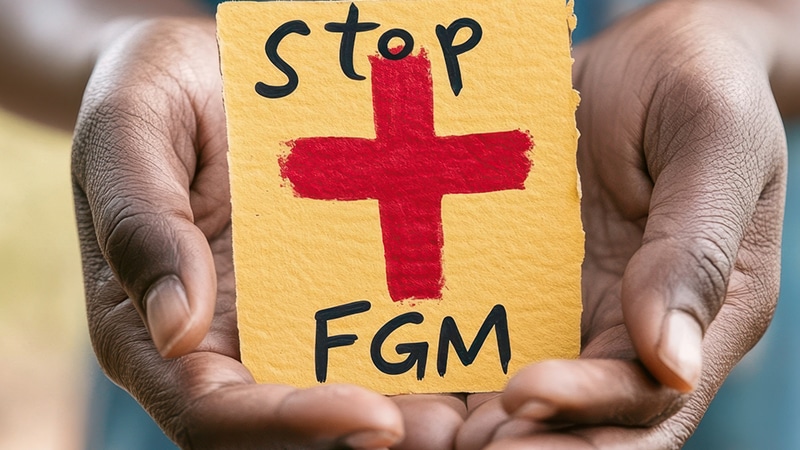






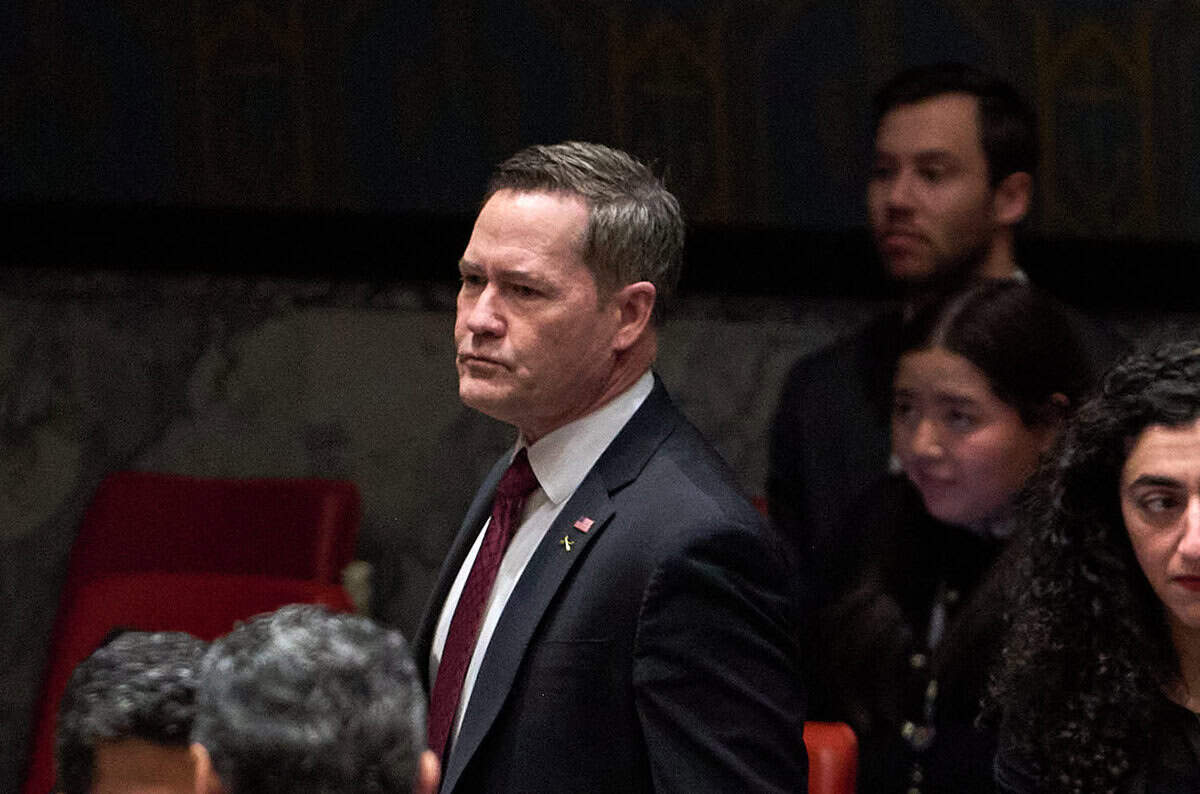




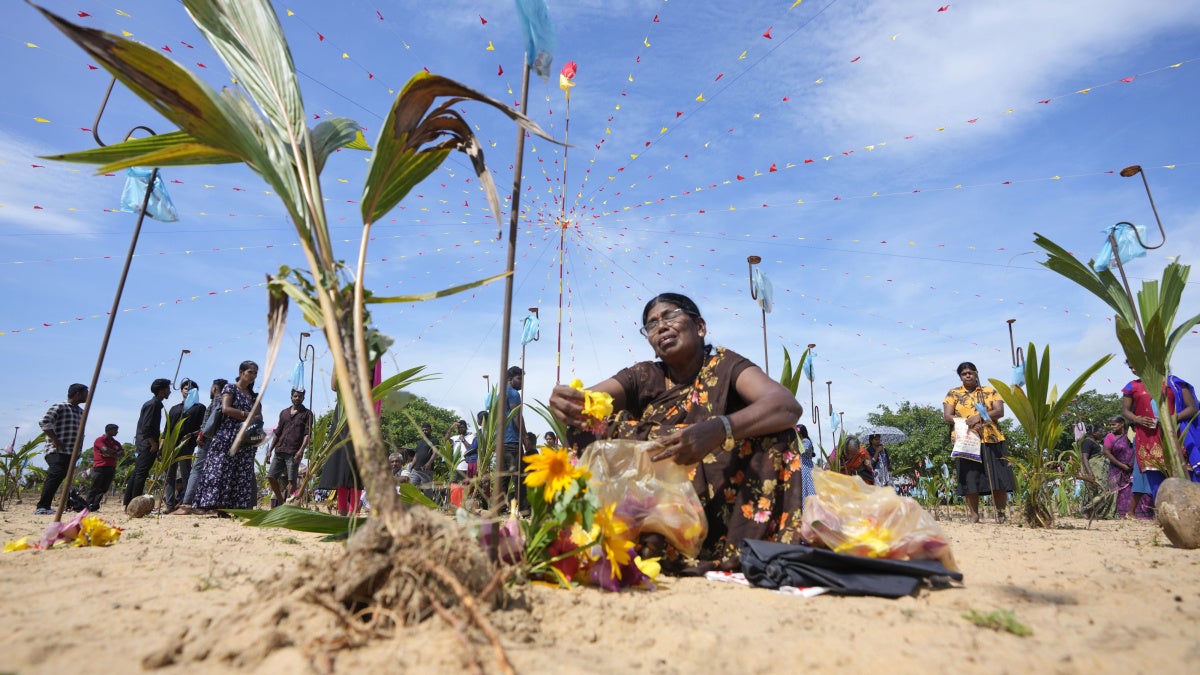




























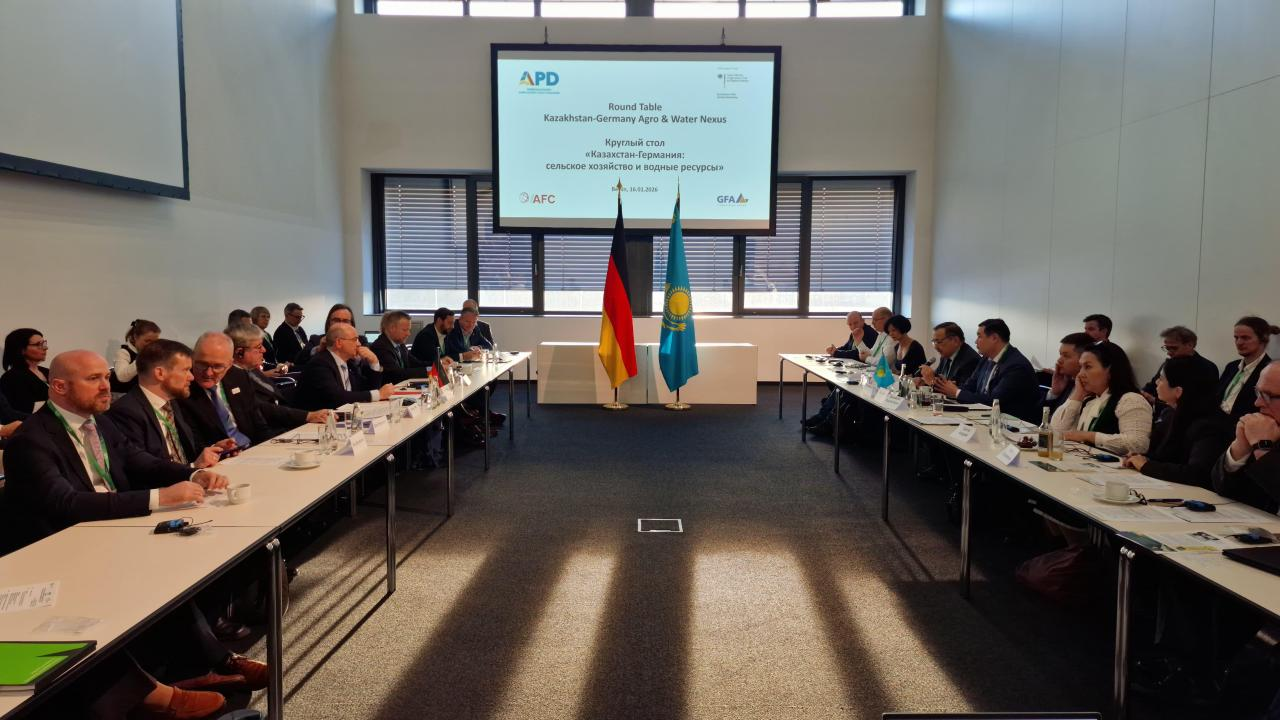








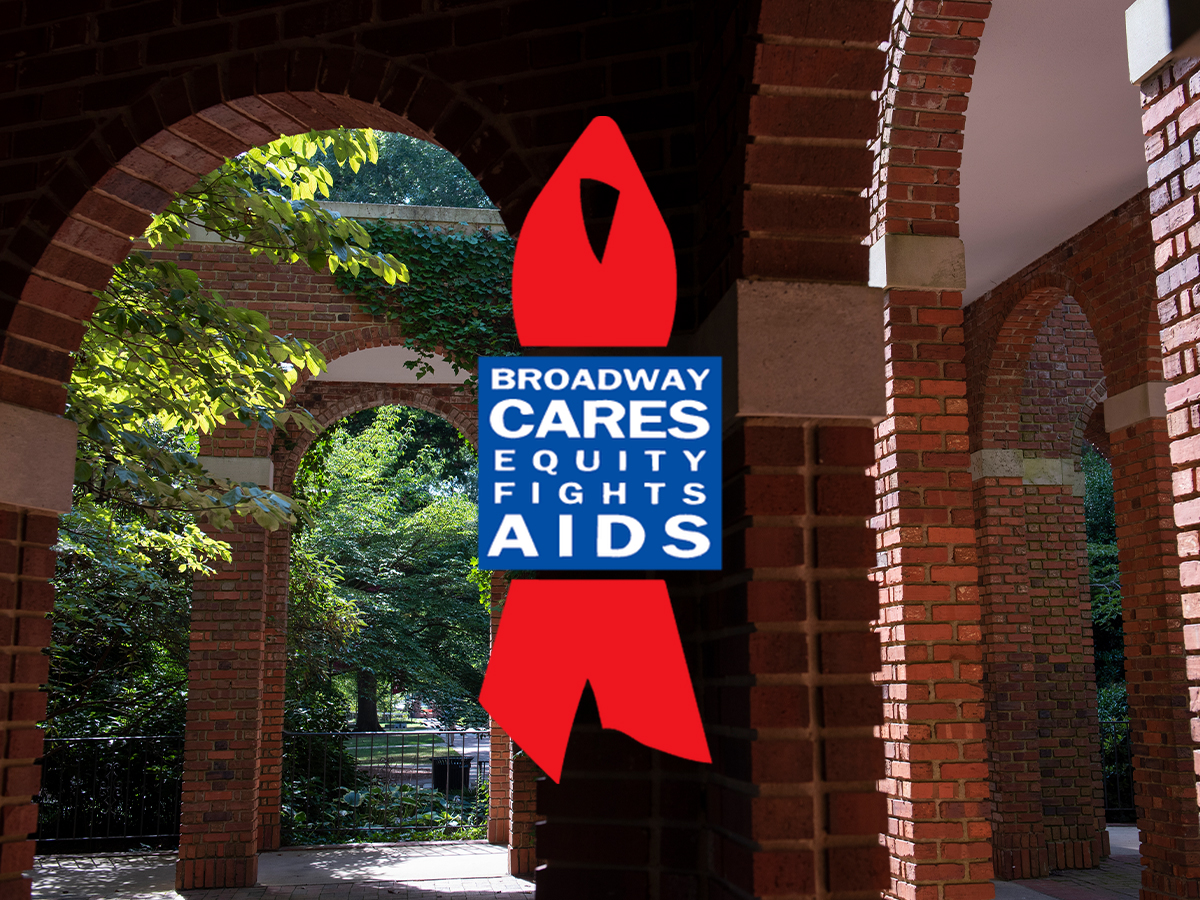
;Resize=620#)


















